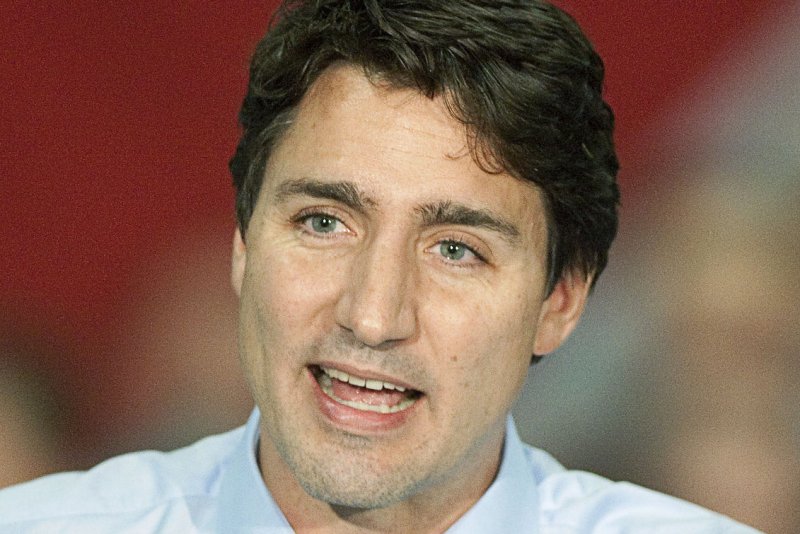OTTAWA, Nov. 26 (UPI) -- Canada is preparing to recast itself as a leader on climate change, new Prime Minister Justin Trudeau indicated.
Trudeau visited the Canadian Museum of Nature in Ottawa this week for his first meeting with the country's 13 provincial and territorial leaders, using the conference to "speak the truth," Alberta Premier Rachel Notley later said, about Canada's role in global environmental policy. Canada has been stung by its image, after Washington's rejection of the Keystone XL oil pipeline, as a producer of dirty oil; scientists at the Trudeau meeting noted Canada's rate of average temperature warming is twice that of the rest of the world's, and that thawing permafrost, rising sea levels, eroding water quality and an increase in fires can be observed in Canada.















